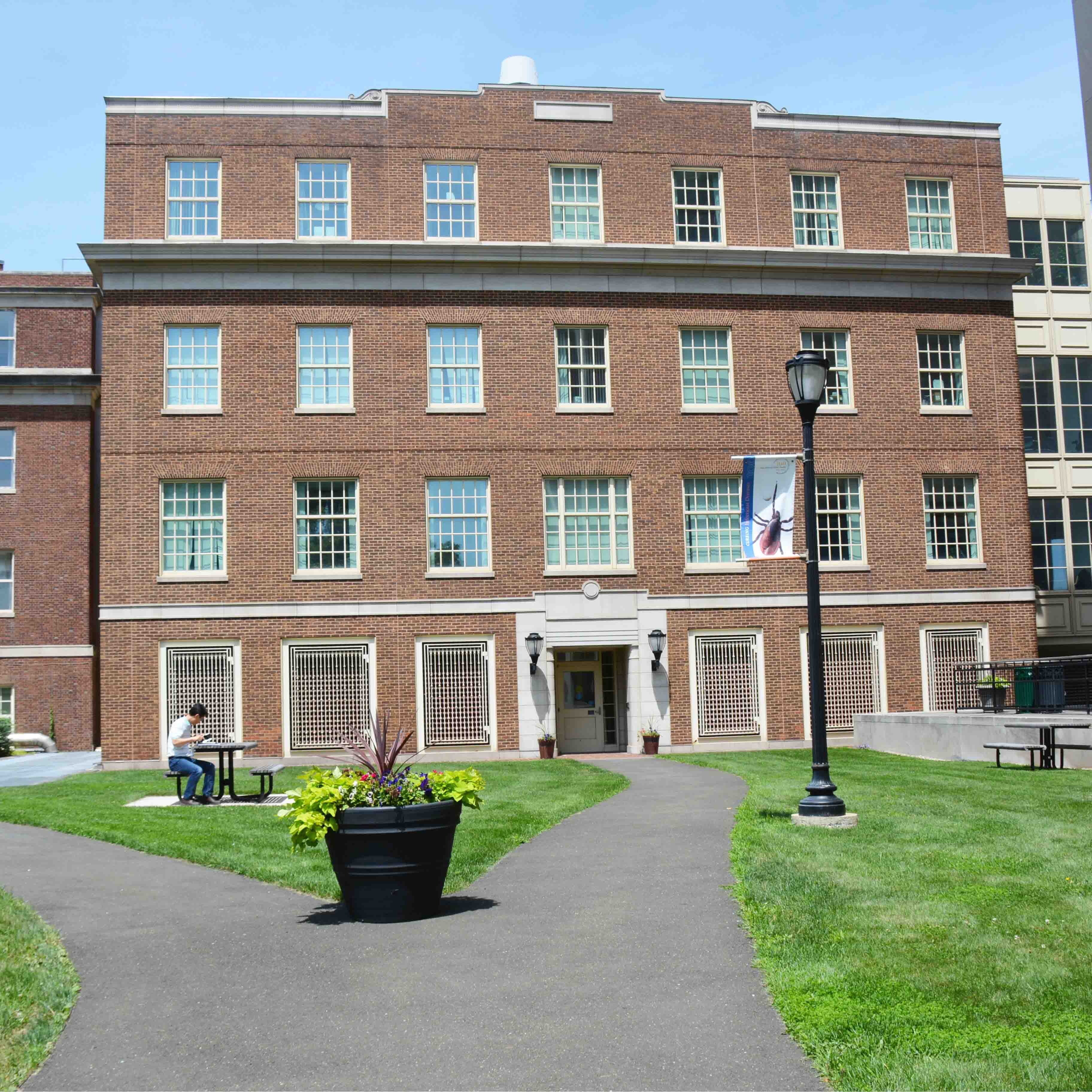
Leon McCalla, a former Yale lab technician, sued the University in June, alleging discrimination on the basis of race and nationality.
The case levels seven counts against Yale, including discrimination on the basis of race and nationality, hostile work environment and retaliation. The plaintiff argues that Yale violated Connecticut general statutes, as well as Title VII, a feature of the Civil Rights Act that prohibits employers from discrimination on the basis of sex, race, color, national origin and religion. In addition to a trial by jury, McCalla, described in the complaint as a black man from Jamaica, is seeking monetary damages, punitive damages, attorney fees, expert witness fees, and pre-judgement interest from the University. Last week, a U.S. district court dismissed one of the seven counts, which alleged intentional infliction of emotional distress.
“There was absolutely no discriminatory behavior in any of our dealings with the plaintiff,” said Vice President for Communications Eileen O’Connor. “We’re going to continue to defend vigorously against these baseless claims because there is no merit to any of the allegations.”
Citing legal counsel from his attorneys, McCalla declined to comment. As of Tuesday evening, McCalla’s lawyers, Eugene Axelrod and Michael C. McMinn of Axelrod & Associates, had not provided comment on the case.
Janet C. Hall, the United States district judge who on Oct. 26 dismissed the emotional distress accusation, argued that while McCalla alleges in his complaint that he was subject to disciplinary actions on the basis of race, he does not allege that any racially derogatory comments were made toward him.
According to court filings, McCalla served as a lab animal technician scheduler at the School of Medicine since 1989 and was the only African American in that position. McCalla alleges that Melissa Bonk, an animal resource center manager at the medical school who became his supervisor in 2013, “berated, belittled, and intentionally embarrassed [him] in front of his co-workers.”
After Bonk warned McCalla about the alleged work errors, McCalla sent a letter to Valarie Stanley, director of Yale’s Office for Equal Opportunity, citing disparate treatment, unfair criticism and warnings and a hostile work environment that adversely affected his health, the complaint states. He later met with Jamal Thomas, another Office for Equal Opportunity representative, but McCalla claims Yale took no action in response.
McCalla also claims that all three African-American lab technicians under Bonk’s supervision were reprimanded by her, while other Caucasian lab technicians and schedulers were not written up or reprimanded for work errors.
The complaint further states that in January 2016, McCalla and Bonk met with Timothy Aucoin, a generalist in Yale’s Human Resources department. But following the meeting, McCalla claims, he was suspended from work for the three days.
According to the complaint, McCalla left Yale in August 2016, under recommendation from his doctor, as a result of an increasingly hostile work environment. The complaint alleges that McCalla’s doctor sent a letter to Yale, claiming that the former lab technician had to leave the University due to stress caused by Bonk.
Bonk did not respond to request for comment.
According to Connecticut Commission on Human Rights and Opportunities spokeswoman Michelle Dumas Keuler, McCalla has filed two complaints with the office. Both cases were closed and issued a release of jurisdiction, meaning that McCalla had 90 days to file in court following the release.
Yale is represented by Kevin Shea of Clendenen & Shea Attorneys at Law in this case. Shea declined to comment.
Hailey Fuchs | hailey.fuchs@yale.edu







